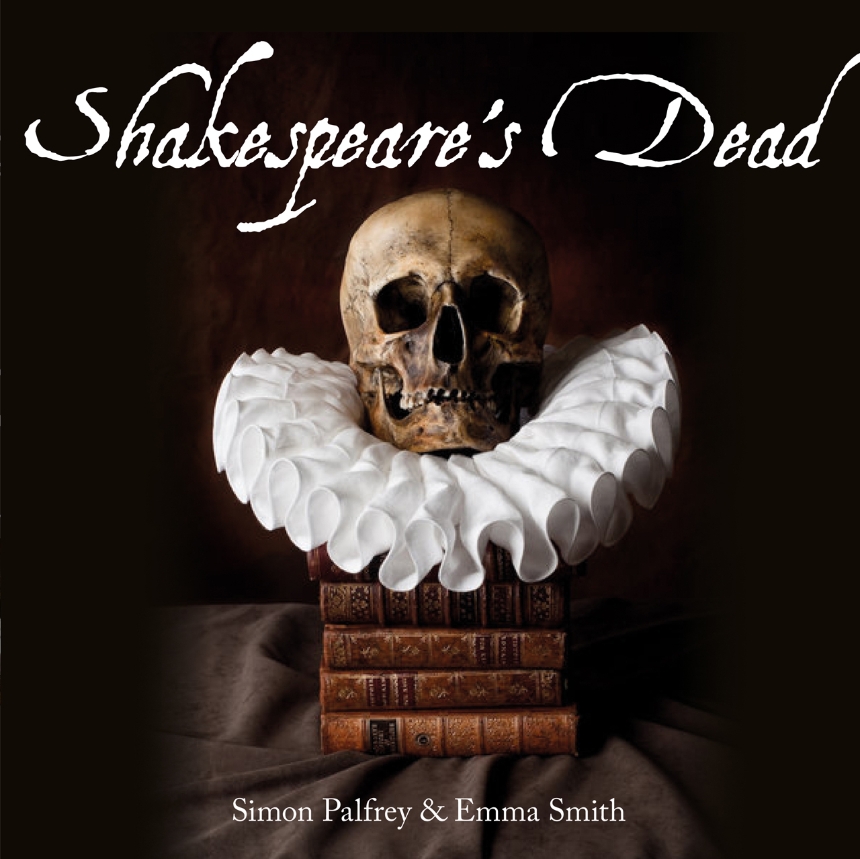9781851242474
Distributed for Bodleian Library Publishing
Shakespeare’s Dead
Stages of Death in Shakespeare’s Playworlds
Four hundred years after Shakespeare’s death, his plays live on in theater and popular culture, given new life through countless innovative approaches to their performance and interpretation. Just as our enthusiasm for seeing the plays performed—and transformed—affirms their continued life, death scenes in Shakespeare’s plays tend to mark not an ending but a transformation of life.
Published to accompany a major exhibition at the Bodleian Library, University of Oxford, Shakespeare’s Dead documents the many ways Shakespeare’s characters meet their demise, from suicide to murder, from death by workaday dagger to the more creative method of being baked and fed to one’s family in a meat pie. Through these examples, Simon Palfrey and Emma Smith show Shakespeare’s mastery at choreographing death as a means of rediscovery. Some characters refuse to go quietly, dying in stages, as in Nick Bottom’s performance as Pyramus killing himself with much flourish in A Midsummer Night’s Dream. Others are remembered in elegies, and still others are resurrected or reappear as ghosts. Shakespeare’s death scenes also often speak to the boundaries between theater and everyday life, with funerals and scenes of mourning that are undercut by their staged inauthenticity.
Extensively illustrated with contemporary drawings and images from stage history, Shakespeare’s Dead takes readers through the playwright’s great death scenes and tragic figures, exploring in them the theme of life in death and delineating the cultural, religious, and social contexts.
Published to accompany a major exhibition at the Bodleian Library, University of Oxford, Shakespeare’s Dead documents the many ways Shakespeare’s characters meet their demise, from suicide to murder, from death by workaday dagger to the more creative method of being baked and fed to one’s family in a meat pie. Through these examples, Simon Palfrey and Emma Smith show Shakespeare’s mastery at choreographing death as a means of rediscovery. Some characters refuse to go quietly, dying in stages, as in Nick Bottom’s performance as Pyramus killing himself with much flourish in A Midsummer Night’s Dream. Others are remembered in elegies, and still others are resurrected or reappear as ghosts. Shakespeare’s death scenes also often speak to the boundaries between theater and everyday life, with funerals and scenes of mourning that are undercut by their staged inauthenticity.
Extensively illustrated with contemporary drawings and images from stage history, Shakespeare’s Dead takes readers through the playwright’s great death scenes and tragic figures, exploring in them the theme of life in death and delineating the cultural, religious, and social contexts.
192 pages | 80 color plates | 8 1/4 x 8 1/4 | © 2016
Literature and Literary Criticism: British and Irish Literature
Table of Contents
Foreword
1. Something after Death
2. Measure for Measure: The Art of Dying
3. Death in Comedy
4. A Plague on Your Houses
5. Joy of the Worm: Death and Sex
6. Dying Again: English Histories
7. Another Golgotha: Places of Death
8. Die, die, die, die, die: Cueing Death
9. Kindle again: Life in Death
Coda: Afterlives
Notes
Further Reading
Index
1. Something after Death
2. Measure for Measure: The Art of Dying
3. Death in Comedy
4. A Plague on Your Houses
5. Joy of the Worm: Death and Sex
6. Dying Again: English Histories
7. Another Golgotha: Places of Death
8. Die, die, die, die, die: Cueing Death
9. Kindle again: Life in Death
Coda: Afterlives
Notes
Further Reading
Index

